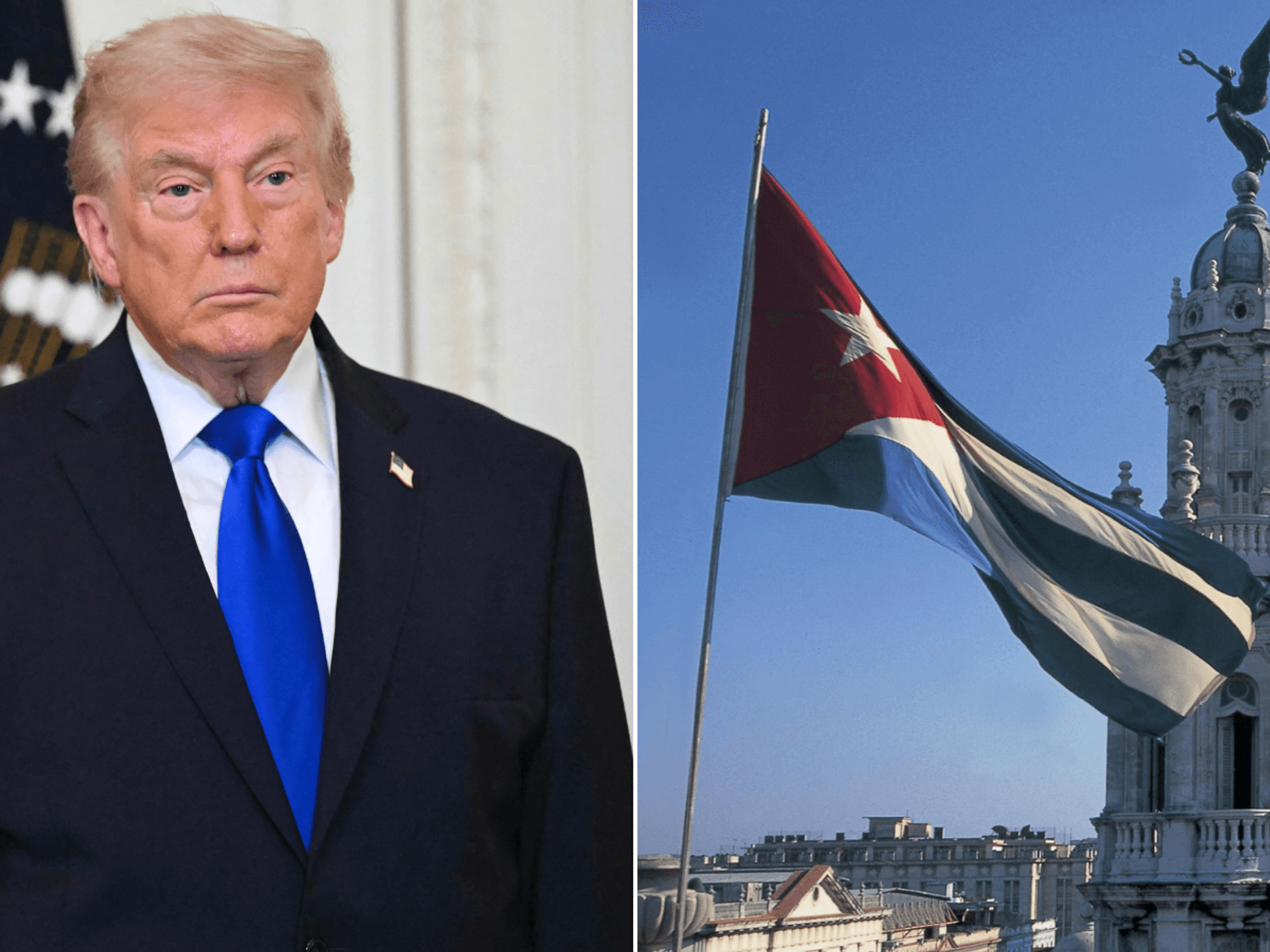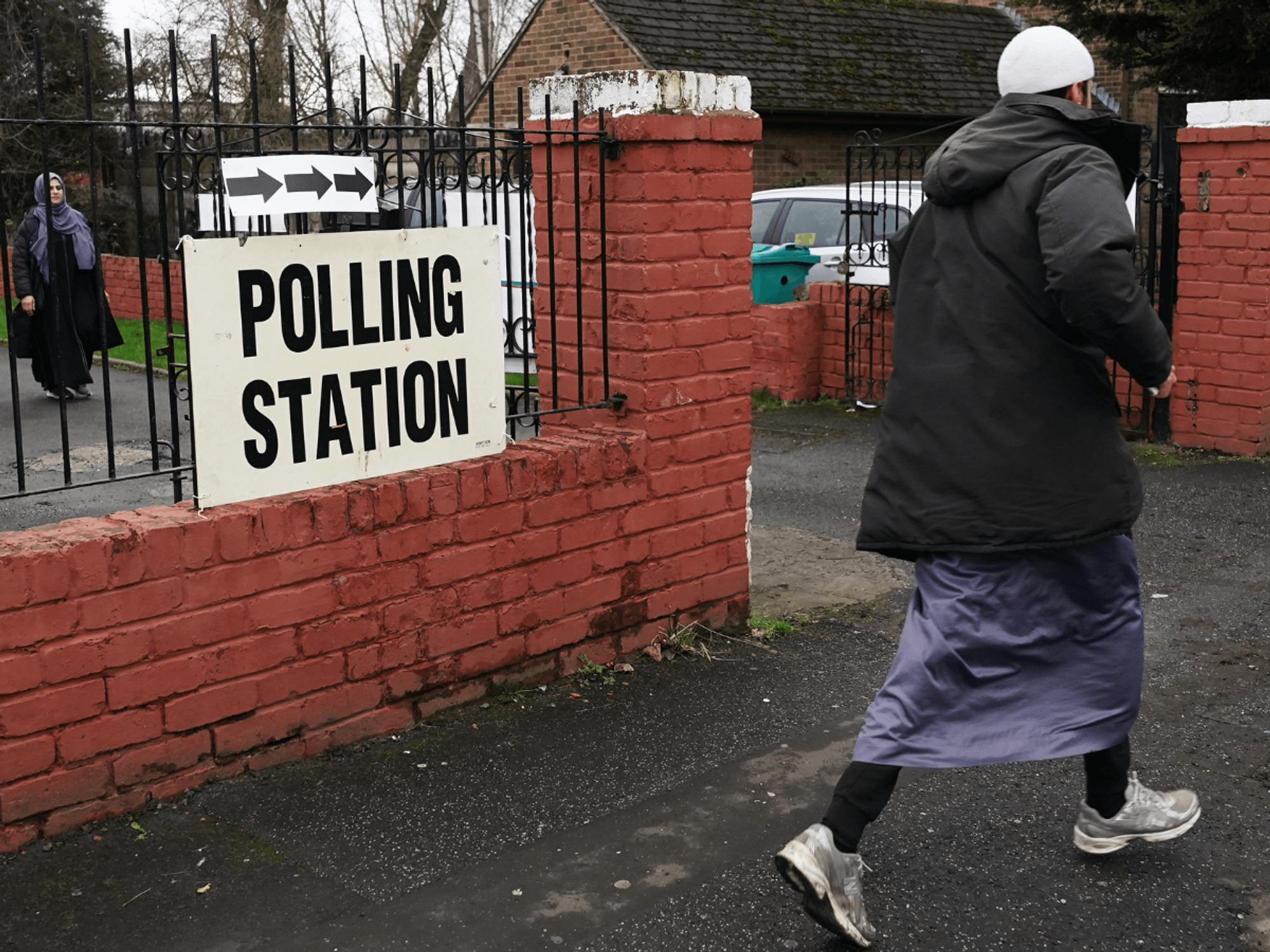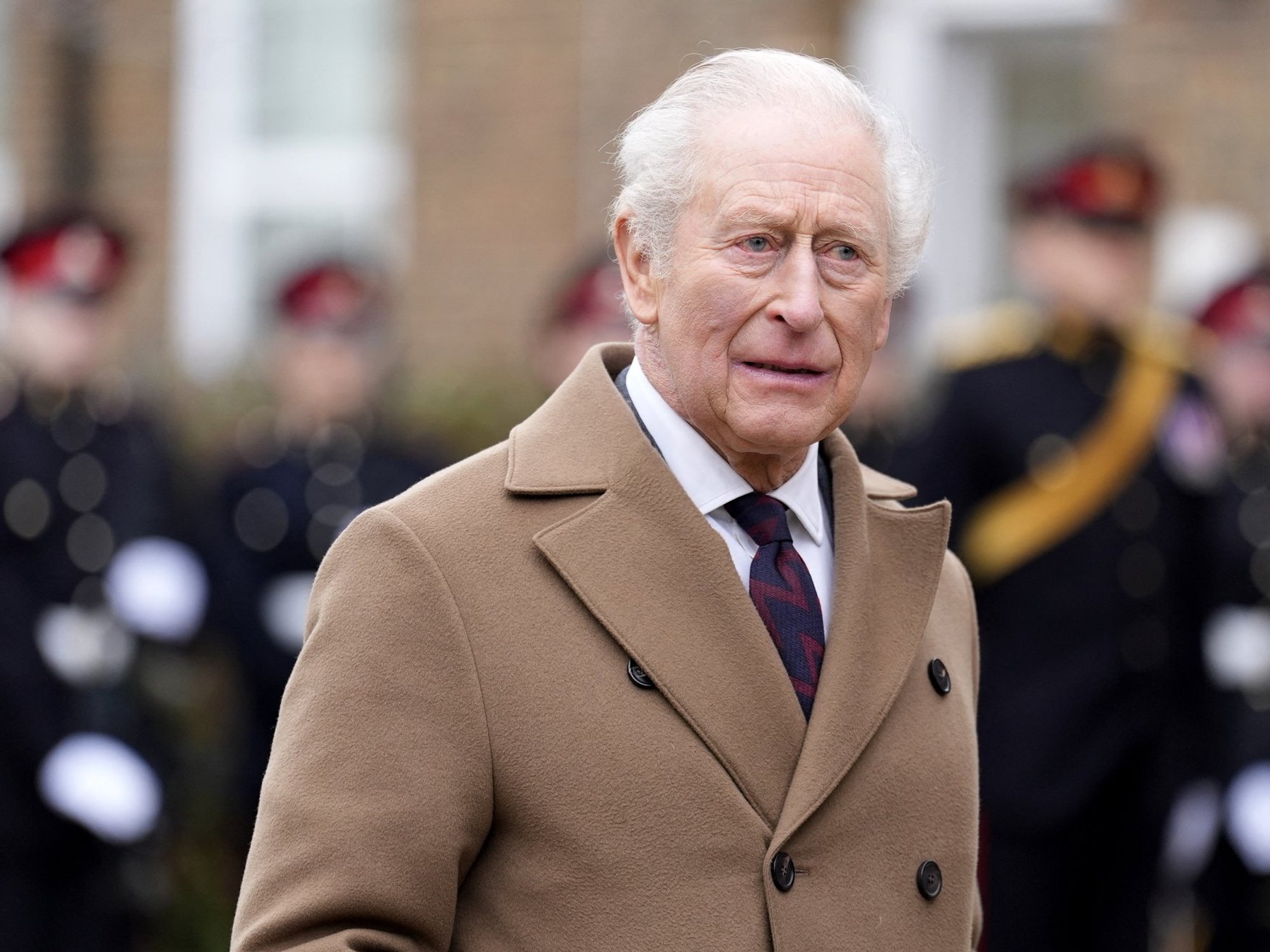UK should import more electric cars from China to 'embrace the freedom of leaving the European Union'
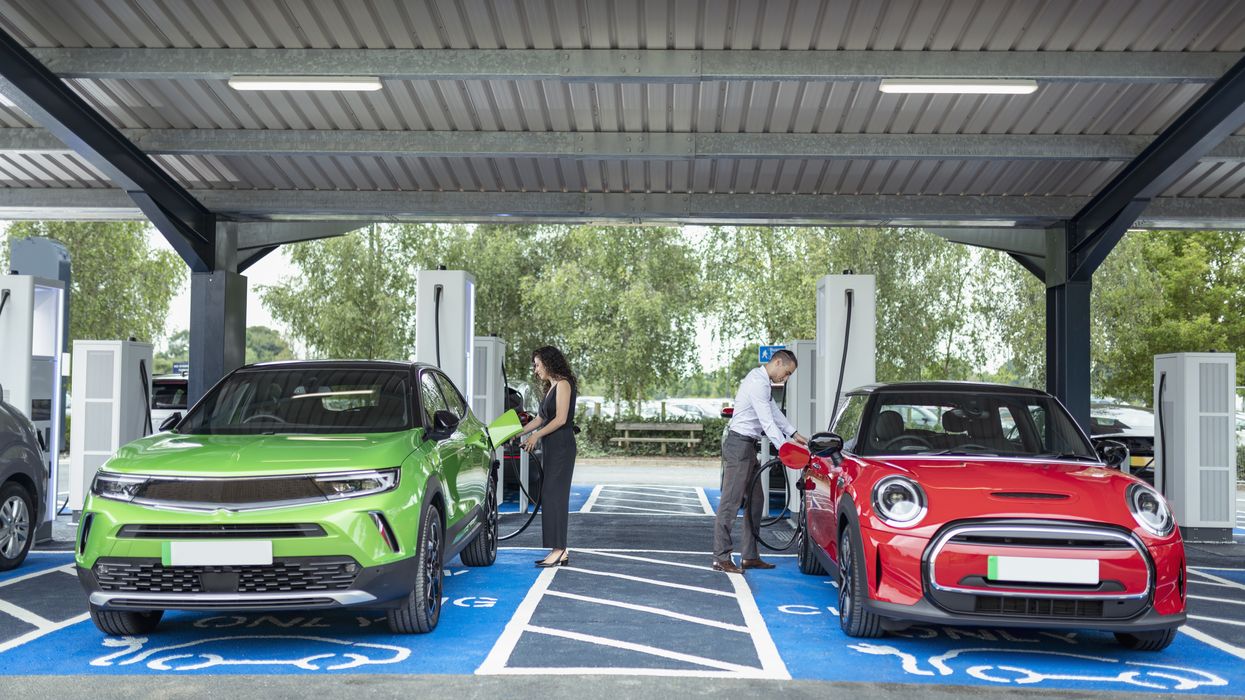
Tariffs on Chinese EV brands range from 17.4 per cent to 37.6 per cent
| GETTY
'The 2030 ban will fall down in flames if electric vehicles are still a luxury choice'
Don't Miss
Most Read
Experts have called on the UK to embrace post-Brexit freedoms to allow more cheap, Chinese electric vehicles into the country to help drivers move away from petrol and diesel vehicles.
Last week, the European Commission imposed provisional tariffs on the imports of battery electric vehicles from China after the bloc accused Chinese companies of unfairly benefitting from subsidies.
Data from the European Union suggested that the rise of Chinese automotive manufacturers caused a "threat of economic injury to EU BEV producers", resulting in hefty tariffs.
The provisional duties will apply to Chinese companies as of July 5 and are set to last for a maximum duration of four months, with a final decision expected to be voted upon by the EU during that timeframe.
Do you have a story you'd like to share? Get in touch by emailing motoring@gbnews.uk
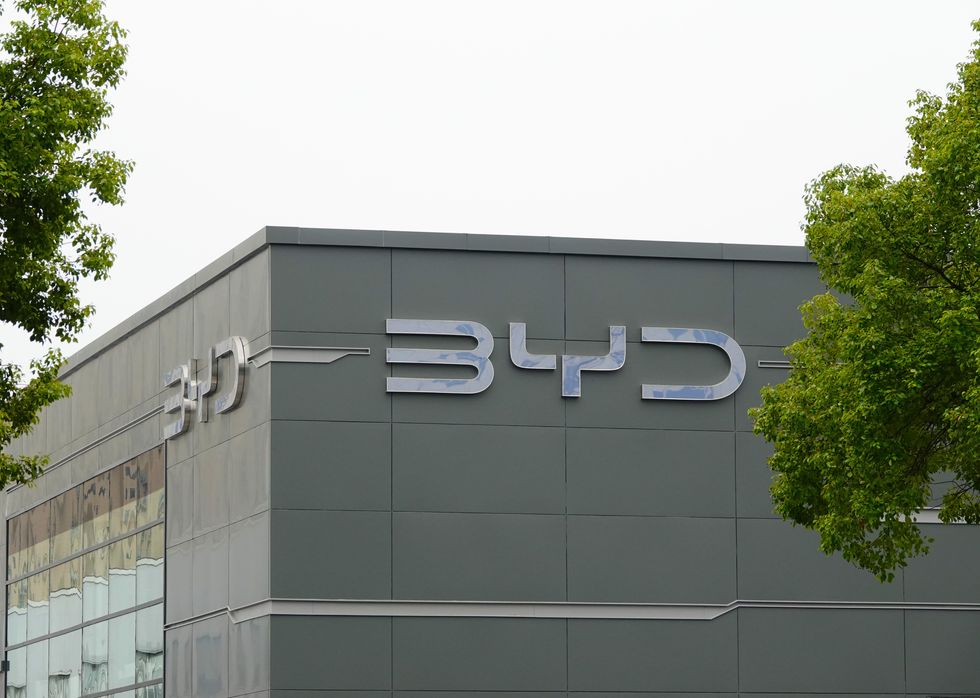
Electric vehicles from China are cheaper as a result of lower material costs
|GETTY
Individual duties apply to three Chinese producers, including tariffs of 17.4 per cent for major manufacturer BYD, 19.9 per cent for Geely and 37.6 per cent for SAIC.
Other electric vehicle producers which cooperated with the EU's investigation but were not sampled will face tariffs of 20.8 per cent and those who did not cooperate will pay the same rate as SAIC - 37.6 per cent.
Paul Tomlinson, co-founder of Cord, said the UK should avoid following the lead of the European Union and United States in taxing cheaper electric vehicles.
He added: "It is absolutely crucial that we also bring down the cost of buying an EV in the first place.
"The UK should embrace the freedom leaving the European Union has given us and not place hefty tariffs on Chinese EVs, which are finally reaching price parity with fossil fuel equivalents.
"The 2030 ban will fall down in flames if EVs are still a luxury choice.”
Speaking in March this year, former Transport Secretary Mark Harper said the UK would use "robust" trade sanctions to prevent China from dominating the electric vehicle market and impacting established European manufacturers.
The former MP for the Forest of Dean said the UK has a "good legal structure" and that it would be used to ensure the competition is fair and that there was a level playing field for all brands.
The United States recently applied a 100 per cent tariff on Chinese-made electric vehicles, as well as other tariffs on lithium batteries, critical minerals, solar cells and semiconductors.
President Joe Biden said this was a necessary step to protect the future of the American automotive industry, as well as helping American people benefit from cheaper costs to help them switch to EVs.
ManMohan Sodhi, Professor of Operations and Supply Chain Management at Bayes Business School (formerly Cass) at City, University of London, said the EU tariffs were "surprising" despite being rumoured over the past few weeks.
He continued, saying: The German auto industry — a big part of the sector being supposedly protected by the EU — had made a last-ditch desperate plea to the EU not to impose these tariffs. After all, the German auto industry exports three times as much as it imports from China by way of cars and four times as much by way of parts.
LATEST DEVELOPMENTS:
- Drivers warned of the least efficient petrol and diesel cars on the market - Ford, BMW, Audi, VW and more
- Car insurance prices can drop almost £300 with a little-known 'legitimate way to bring down costs'
- Keir Starmer risks electric vehicle chaos with Labour's plan to ban petrol and diesel cars within years
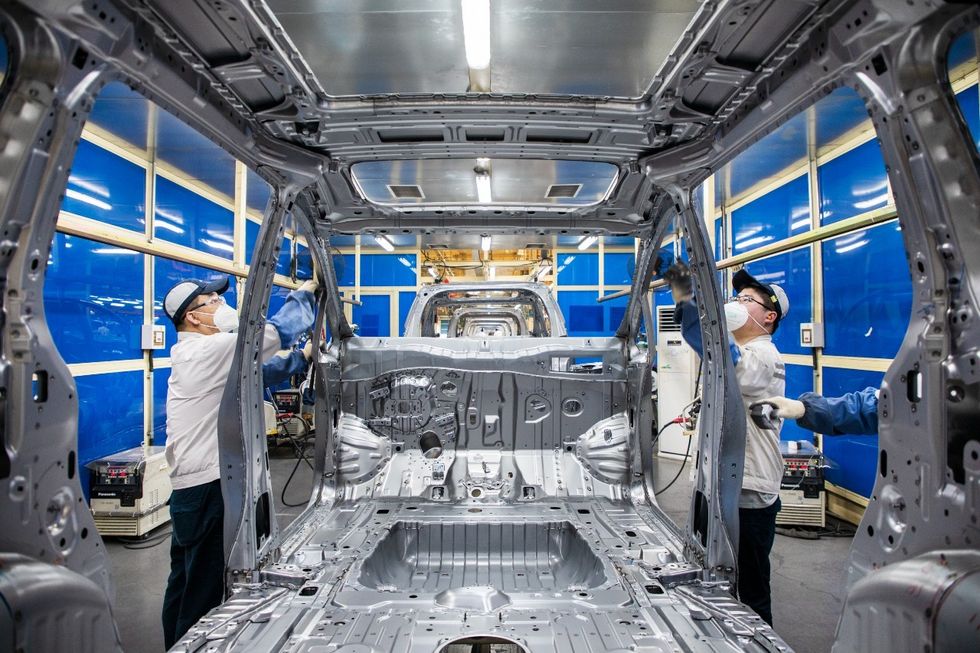
The UK has not yet introduced higher tariffs for Chinese vehicle manufacturers
| GETTY"The EU is now inviting the Chinese tit-for-tat response. Earlier, the Chinese government had responded timidly with small tariffs and only on large-engine petrol cars, hoping the EU would get the hint and not get into a tariff war.
"As with any tariff war, the Chinese will now be forced to react forcefully despite the move not being in their economic interest."





